Surviving On The Boat
Getting Your Boat Disaster Ready
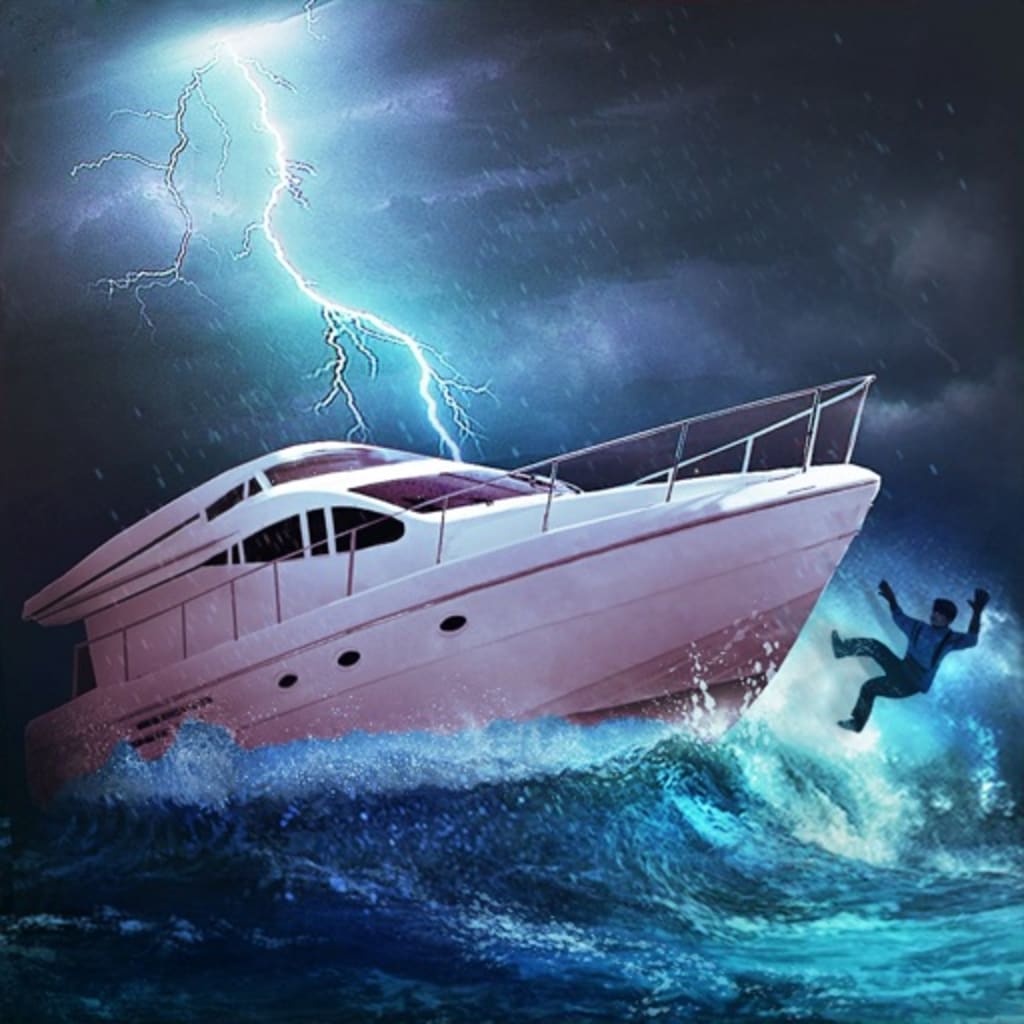
This is boat safety week. Every year, the Coast Guard estimates there will be 5,265 accidents that result in 767 deaths and 3,191 injuries. Approximately $62.5 million dollars of damage to property are a result of boating accidents. Proper preparation can make all the difference between a manageable situation and a catastrophic one. Preparing your boat for disaster is not just a prudent measure; it’s a responsibility every boat owner should undertake. Whether you’re an experienced mariner or a novice sailor, unforeseen events like storms, mechanical failures, or emergencies can strike at any moment. Here are some tips to safeguarding your vessel, ensuring that you’re ready when disaster strikes.
Assessing Risks and Creating a Plan
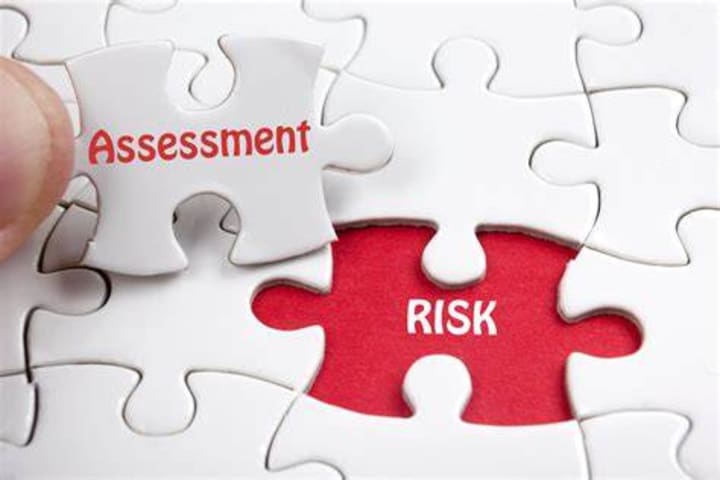
The first step in preparing your boat for disaster is to assess potential risks. Consider the geographical area where you’ll be sailing, prevailing weather patterns, and any specific hazards such as shallow waters or rocky coastlines. Once you’ve identified potential risks, create a comprehensive plan outlining procedures for different scenarios. This plan should include emergency contacts, evacuation routes, and protocols for communication and distress signals. Assign specific roles and responsibilities to each member of the crew in case of an emergency. This could include a designated captain, someone in charge of communication, someone in charge of first aid, etc.
Ensuring Proper Maintenance
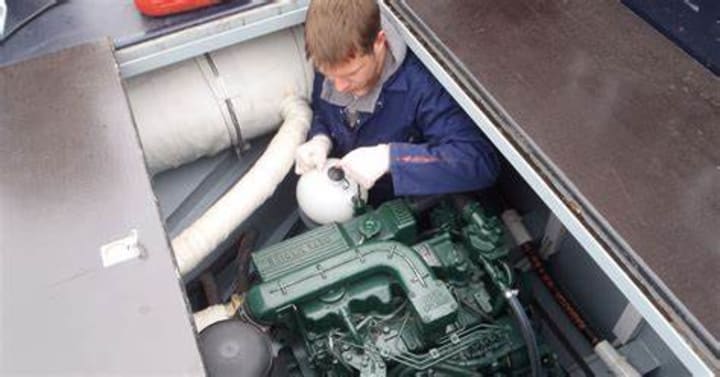
Regular maintenance is crucial for the seaworthiness of your boat. Conduct routine inspections of all onboard systems, including the engine, electrical components, hull integrity, and safety equipment. This should be done every time you take the boat out on the water. If possible, get your second hand to help with this so they are informed of where everything is. Address any issues promptly and ensure that all equipment is in good working condition. This includes life jackets, fire extinguishers, navigation lights, and emergency flares. Regularly servicing your engine and checking fuel levels can prevent unexpected breakdowns while at sea.
Stocking Essential Supplies
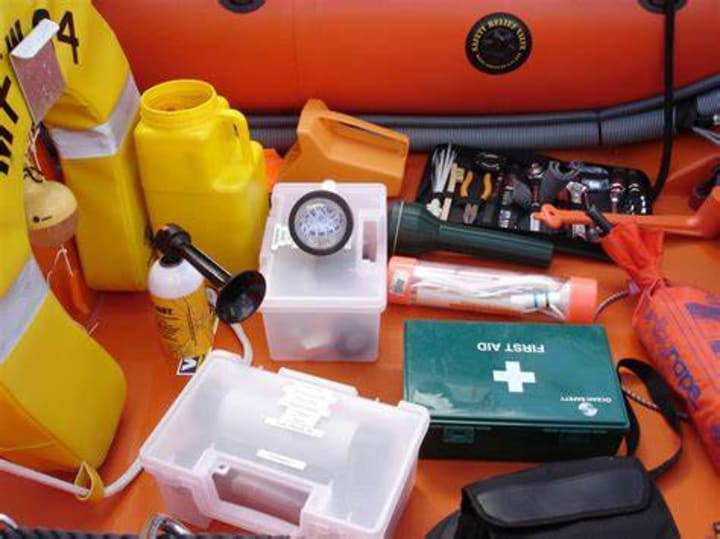
A well-stocked boat can mean the difference between survival and disaster during an emergency. Ensure that your vessel is equipped with an ample supply of food, water, and medical supplies to sustain you and your passengers for an extended period. Non-perishable items like canned goods, dried fruits, and energy bars are ideal for emergency rations. Store an adequate amount of freshwater in containers or water tanks, and consider investing in a desalination kit for converting seawater into potable water. Ensure that the boat is equipped with appropriate emergency equipment, such as life jackets, life rafts, first aid kits, flares, and signaling devices.
Securing Your Boat
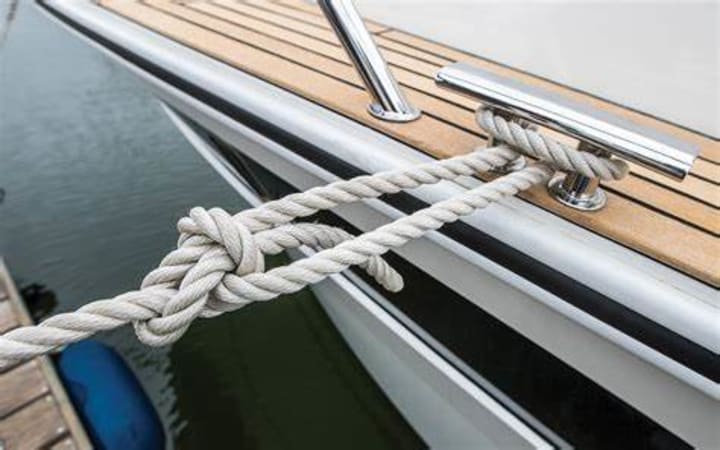
Properly securing your boat can prevent damage during storms or rough weather. Invest in sturdy dock lines and fenders to protect your vessel from collisions with other boats or the dock. Double-check that all hatches, windows, and doors are securely closed and watertight. Remove any loose items from the deck that could become projectiles in high winds. Additionally, consider investing in storm shutters or covers to protect windows and vulnerable areas from flying debris. Take a knot-tying class to learn various knots that could help you out in open water. Visit https://vocal.media/lifehack/tying-your-way-to-survival for more information.
Developing Emergency Procedures
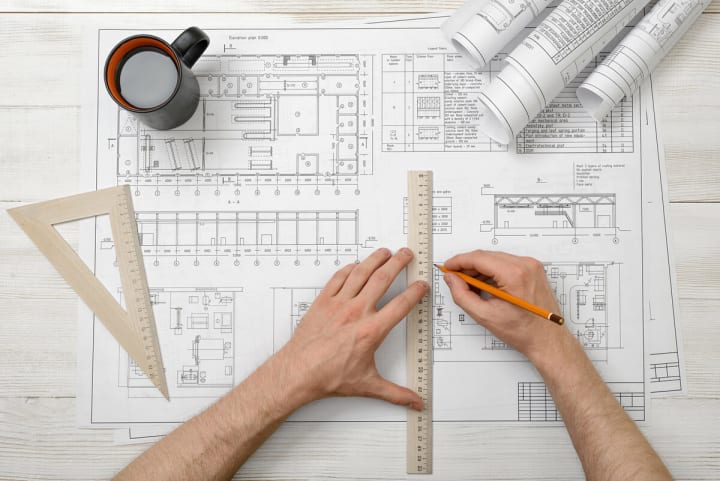
In the event of an emergency, having clear and practiced procedures can save lives. Create detailed procedures for each type of emergency identified. This could include steps to take in case of fire (such as using fire extinguishers, activating the fire suppression system, or abandoning ship), abandoning ship procedures, and medical emergency procedures. Conduct regular drills with your crew to familiarize them with these types of emergency protocols. Ensure that everyone knows the location of safety equipment and how to use it effectively. Designate roles and responsibilities for each crew member to streamline communication and decision-making during a crisis.
Staying Informed
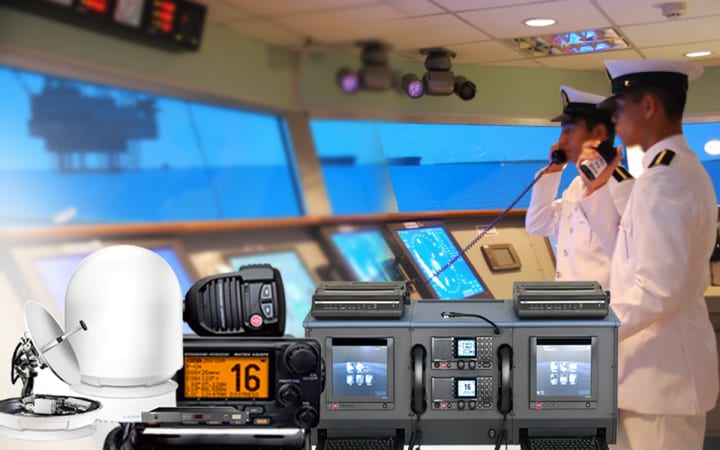
Stay abreast of weather forecasts and navigational warnings to anticipate potential hazards before they escalate. Invest in a reliable marine radio or satellite phone for communication with authorities and other vessels in case of emergency. Make a list of emergency contacts, including the Coast Guard, nearby marinas, and any friends or family who should be notified in case of emergency. Ensure everyone on board knows how to contact these numbers. Consider enrolling in boating safety courses to improve your seamanship skills and knowledge of emergency procedures.
About the Creator
M.L. Lewis
Welcome to my little slice of pie. This blog will primarily focus on prepping and homesteading skills with a sprinkle of fiction every now and then.
Enjoyed the story? Support the Creator.
Subscribe for free to receive all their stories in your feed. You could also pledge your support or give them a one-off tip, letting them know you appreciate their work.






Comments (1)
Interesting and delicious content. Keep posting more